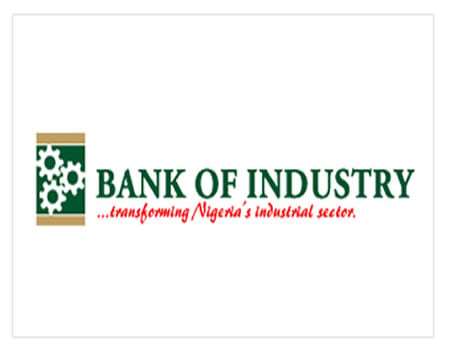The Bank of Industry (BOI) has revealed that insufficient funding and lack of technical know-how remain the biggest obstacles preventing micro, small, and medium enterprises (MSMEs) in Nigeria from effectively adopting Environmental, Social, and Governance (ESG) principles.

This was contained in the bank’s new report titled “Environmental, Social and Governance Adoption by Nigerian MSMEs,” launched in Lagos during BOI’s inaugural ESG conference tagged “Advancing ESG Adoption.”
According to a statement from the bank, the survey—covering all six geopolitical zones and over 300 MSMEs across sectors such as agro-processing, ICT, manufacturing, creative industries, healthcare, and construction—showed that 78% of respondents cited financial constraints, while 65% complained of inadequate technical expertise.
Other barriers identified include limited policy incentives, low customer demand, and poor awareness of ESG benefits.

The report further proposed solutions, including the creation of ESG-compliant loan products, targeted training programs, women-focused green financing, and regional technical hubs to strengthen capacity. It also recommended blended financing options to improve access to sustainable capital.
Speaking at the event, BOI Managing Director, Dr. Olasupo Olusi, noted that MSMEs account for over 80% of Nigeria’s businesses and nearly half of the nation’s GDP. He, however, said many enterprises still struggle to understand and apply ESG principles.
“These challenges make many MSMEs vulnerable and less competitive,” Olusi said. “BOI is committed to bridging this gap by equipping them to grow sustainably in line with Nigeria’s and global economic priorities.”

He explained that the bank’s ESG framework aligns with Nigeria’s Paris Agreement commitments, Energy Transition Plan, and the goal of 47% conditional emission reduction by 2030.
Olusi added that embracing ESG would help MSMEs access global funding, manage risks, reduce operational costs, and comply with international standards.
“ESG principles will enable us to align industrial growth with climate goals, attract green capital, spur innovation, and build globally competitive industries,” he said.

In her keynote address, Director-General of the National Council on Climate Change, Tenioye Majekodunmi, said that climate change, investor expectations, and technological advancements are reshaping economies worldwide.
She noted that businesses adopting ESG early will gain a competitive edge, attract investors, and become preferred partners in international trade.
Majekodunmi described BOI’s ESG initiative as a model for aligning finance with sustainable development and inclusive growth.
Also speaking, Mahamadou Diarra, Deputy Country Director of Agence Française de Développement (AFD) Nigeria, praised BOI for promoting responsible financing, adding that AFD remains committed to supporting Nigeria’s transition to climate-friendly investments.

The Bank of Industry, Nigeria’s leading development finance institution, provides long-term, low-interest financing, advisory services, and strategic support to enterprises across sectors to foster industrialisation and private-sector development.




